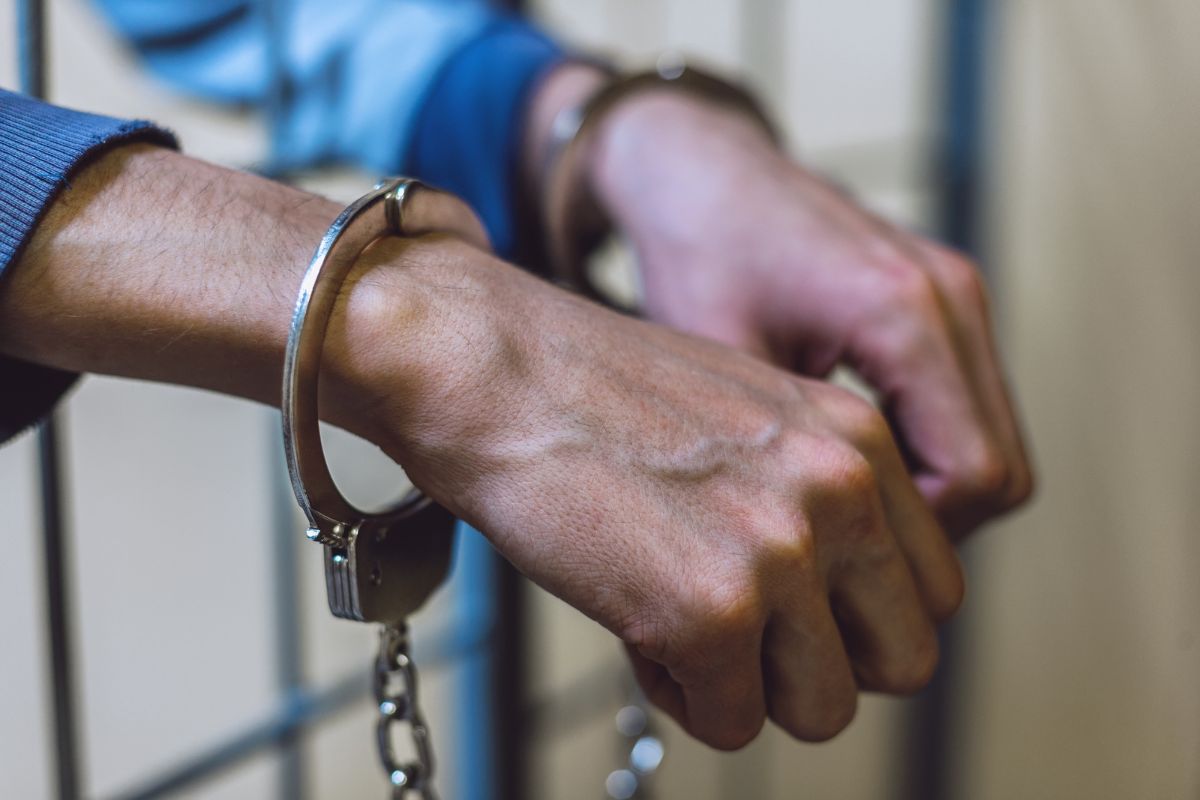Prison Etiquette: Things You Need To Know Before You Go To Prison

Published March 19, 2024
Entering prison can be scary, especially for those unfamiliar with its complex social dynamics. As the heavy doors close behind newcomers, a world governed by unique rules and hierarchies reveals itself. Understanding and following prison etiquette becomes not just a choice. It’s a vital aspect of survival.
Prison etiquette is more than rule-following. It’s a lifeline in an environment where mistakes lead to severe consequences. It covers navigating the social ladder and understanding unspoken codes. It looks into the complexities of prison life. It highlights the implicit regulations that dictate inmate interactions. To enter this realm demands more than passive observation. It requires active engagement, resilience, and adaptability.

A Glimpse Of Prison Life
Exploring the world inside prison walls gives deep insight. It reveals a reality often hidden. It shows an intricate blend of emotions, challenges, and human stories frequently escaping society’s notice.
- Daily routine in prison. Prison adheres to a stringent routine, especially set wake-up, meal, and work schedules. Inmates typically start their day early. They have breakfast, then do tasks like cleaning, cooking, or work.
- The physical environment of a prison. Prison cells lack privacy and are shared spaces. This contrasts with recreational areas like the yard or common room. These spaces offer relief, but they are also hubs for social interactions and potential conflicts.
- Social structure within the prison. Inside prisons, inmates form a complex social hierarchy. It’s often influenced by factors such as sentence length, crime type, and behavior within the facility. Interactions with prison staff are equally significant, necessitating respect and compliance with regulations.
Understanding And Navigating Prison Etiquette
Comprehending and navigating prison etiquette is essential for those entering correctional facilities. Understanding prison’s hidden rules, codes, and social dynamics is vital. It can significantly affect an inmate’s safety and welfare.

1. Respect For Personal Space
Respecting personal space is crucial in correctional facilities. As a key prison cell etiquette, It’s important to acknowledge and respect boundaries in shared areas, such as refraining from touching others’ belongings without their permission.
2. Communication Guidelines
Effective communication is essential to prevent conflicts. This includes using respect when talking to fellow inmates and staff. It also means handling disagreements calmly and courteously.
3. Behavior Expectations
Inmates are required to adhere diligently to prison regulations and protocols. It’s crucial to uphold cleanliness and order in personal spaces and shared areas.
4. Navigating The Prison Economy
Prisons have their economy. It often centers on bartering goods and services. Understanding the value system in these environments is crucial. Navigating the trade nuances is also vital to grasp.
5. Adapting To Prison Culture
Prisons have a distinctive culture characterized by unique slang and customs. Respecting these aspects can help inmates adapt more easily.

Preparing Mentally And Emotionally For Prison Life
Getting ready for prison life requires strong mental and emotional readiness. Developing coping strategies and resilience is crucial. Cultivating determination and self-awareness helps individuals prepare for the transformative journey behind bars.
- Coping strategies. Life in prison presents immense challenges and stress for individuals. Using coping mechanisms, like exercise, meditation, and reading, can help immensely. They can aid in navigating the intense stress within the prison. These practices offer relaxation. They also boost mental wellness and emotional resilience in tough times.
- Building a support network. Establishing a support network is crucial, both within and beyond prison walls. Maintaining a connection with loved ones can offer emotional support through jail calling services, and fostering positive relationships within the facility can enhance daily life. Writing letters is also recommended, but it’s crucial for loved ones to know the etiquette for writing people in prison as well.
Mastering The Art Of Prison Etiquette
Imprisonment requires more than mere survival. It demands a profound grasp of the social web that defines life behind bars. Upholding personal boundaries is essential, as is fostering effective communication and respecting regulations. Immersing oneself in the prison environment is key. These things are not optional but essential for survival. Absorb the wisdom shared here, for within the intricate web of prison norms lies the key not only to enduring but to thriving in the face of hardship.
Advertisement
Save 90% Per Minute On Jail Calls With Us
US prisons charge lots of money per minute for long distance inmate calls. The loved ones of inmates are left to pay this bill. For a ten minute phone call you may find yourself paying over one hundred dollars. With SecurTel, you can reduce this charge to a fraction of the cost and only pay the local calling rate. Make calls from across the US or internationally for the local rate and help your family stay connected during a difficult time. Learn more about how to sign up for inmate calls here.

This Content Is Fact Checked
We have conducted thorough fact-checking on this content in-house. Get detailed insights into our website’s editorial standards by clicking here.

About The Author
Hello! I’m Corinne, a nursing graduate from Riverside College with a flair for writing. Thanks to the thorough research into each piece, my work stands out for its quality and accuracy. I believe in the power of storytelling to connect with people from all walks of life.



